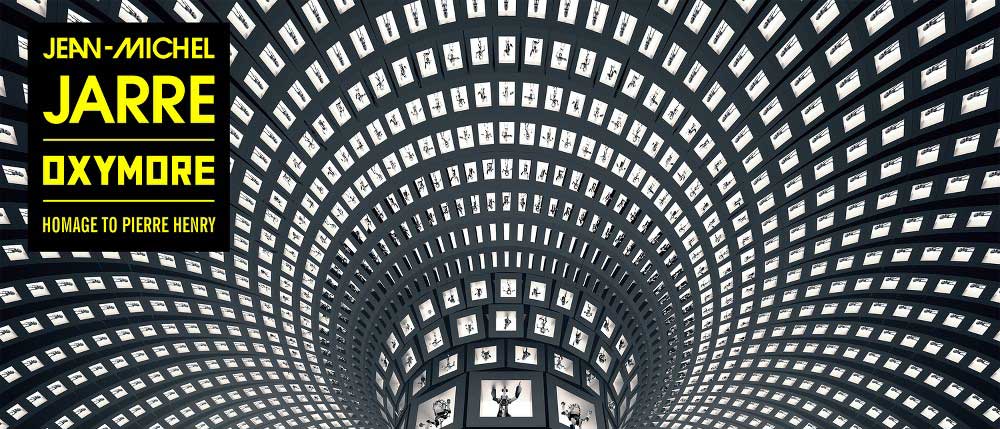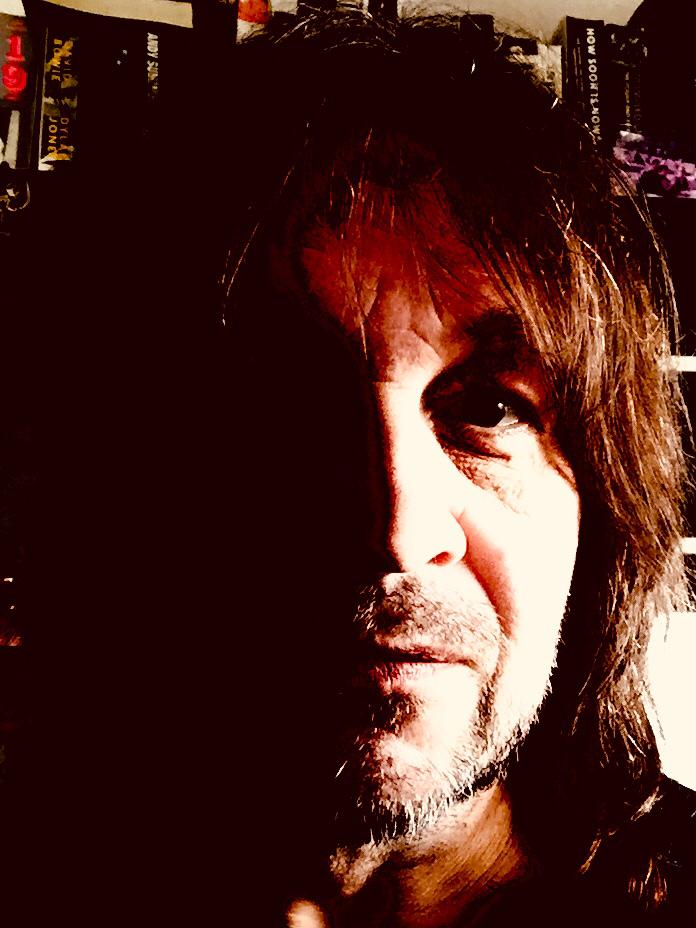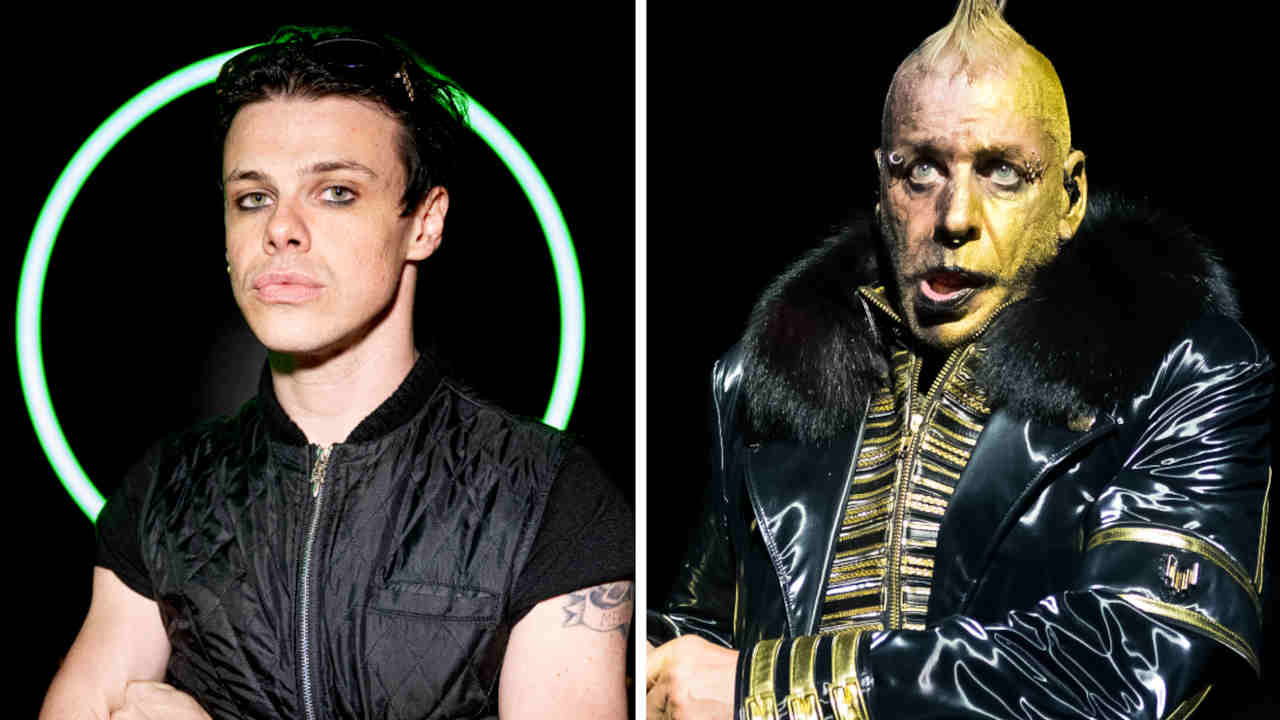You can trust Louder
Jean-Michel Jarre’s mooted partnership with musique concrète pioneer Pierre Henry was curtailed by the composer’s death in 2017. And that would have been that, had it not been for Henry’s widow offering the electronics innovator stems of recordings made by her late husband in preparation for their combined effort.
Sadly, Oxymore is an album that asks more questions than it offers answers, chief among them being the pondering of how this album would’ve sounded had Henry lived.
Rather than using the stems as the basis of new material, Jarre has elected to use them more as samples added on to his own compositions.
As displayed by the title track and the pumping Brutalism, Oxymore feels stuck in the 90s rather than the work of two trailblazers, though at least Epica’s hands-in-the-air dynamics feels fresher.
Sign up below to get the latest from Classic Rock, plus exclusive special offers, direct to your inbox!
Julian Marszalek is the former Reviews Editor of The Blues Magazine. He has written about music for Music365, Yahoo! Music, The Quietus, The Guardian, NME and Shindig! among many others. As the Deputy Online News Editor at Xfm he revealed exclusively that Nick Cave’s second novel was on the way. During his two-decade career, he’s interviewed the likes of Keith Richards, Jimmy Page and Ozzy Osbourne, and has been ranted at by John Lydon. He’s also in the select group of music journalists to have actually got on with Lou Reed. Marszalek taught music journalism at Middlesex University and co-ran the genre-fluid Stow Festival in Walthamstow for six years.


